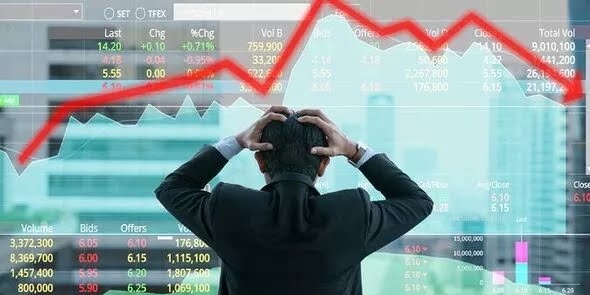By John Ikani
Eurozone inflation hit a new record high in August of 9.1%, according to flash figures from Europe’s statistics office Eurostat, with high energy prices caused by Russia’s invasion in Ukraine being the main driving force.
It is the ninth consecutive month to set a record rate for inflation in Europe, with consumer prices rising steadily since November 2021.
The rate was above expectations, with a Reuters poll of economists anticipating a rate of 9%.
Energy was the main instigator of Europe’s surging inflation, topping an annual inflation rate of 38.3%, according to Eurostat, the statistics authority.
Food, alcohol and tobacco also rose to 10.6%, compared to 9.8% in July.
Within the EU, some countries have already blown past the bloc’s headline inflation rate.
Estonia – one of the poorer countries in the union – has the eurozone’s highest inflation rate at 25.2%, followed by Lithuania at 21.1% and Latvia at 20.8%.
Meanwhile, the region’s largest economy, Germany, saw inflation reach its highest level in almost half a century at 8.8% year-on-year in August.
However French inflation rate decreased to 6.5% in August, down from 6.8% in July. The rate was lower than expectations, with economists polled by Reuters having anticipated a drop to 6.7%.
Similarly, Spain also released slowing inflation figures for August, at 10.3% year-on-year compared to 10.7% for July, according to the Eurostat flash estimate.
Inflation continues to hit new records just as the European Central Bank mulls another large interest rate hike for next month.
The ECB increased interest rates by 50 basis points to zero on July 21 – its first rate hike in 11 years – and a similar, or larger, hike is now expected on Sept. 8.
“Some members are inclined to advocate a 75 basis points interest rate increase,” Peter Schaffrik, global macro strategist at RBC Capital Markets, told CNBC’s “Squawk Box Europe” on Wednesday.
“Despite the slowdown in the economy that we will almost certainly be getting, the central banks won’t let up on their hiking path,” he said.
The outlook for Europe’s economy is “pretty bleak,” Kenneth Wattret, head of economics at S&P Global Market Intelligence, told CNBC’s “Street Signs Europe” on Aug. 23.
“It looks inevitable that the euro area is headed for a recession. The question is only how deep it will be and how long it will last,” he said. The ECB “has some catching up to do,” according to the economist.
“The ECB is way behind the curve, inflation is exceptionally elevated and likely remain that way for at least the next seven months,” Wattret said.



































